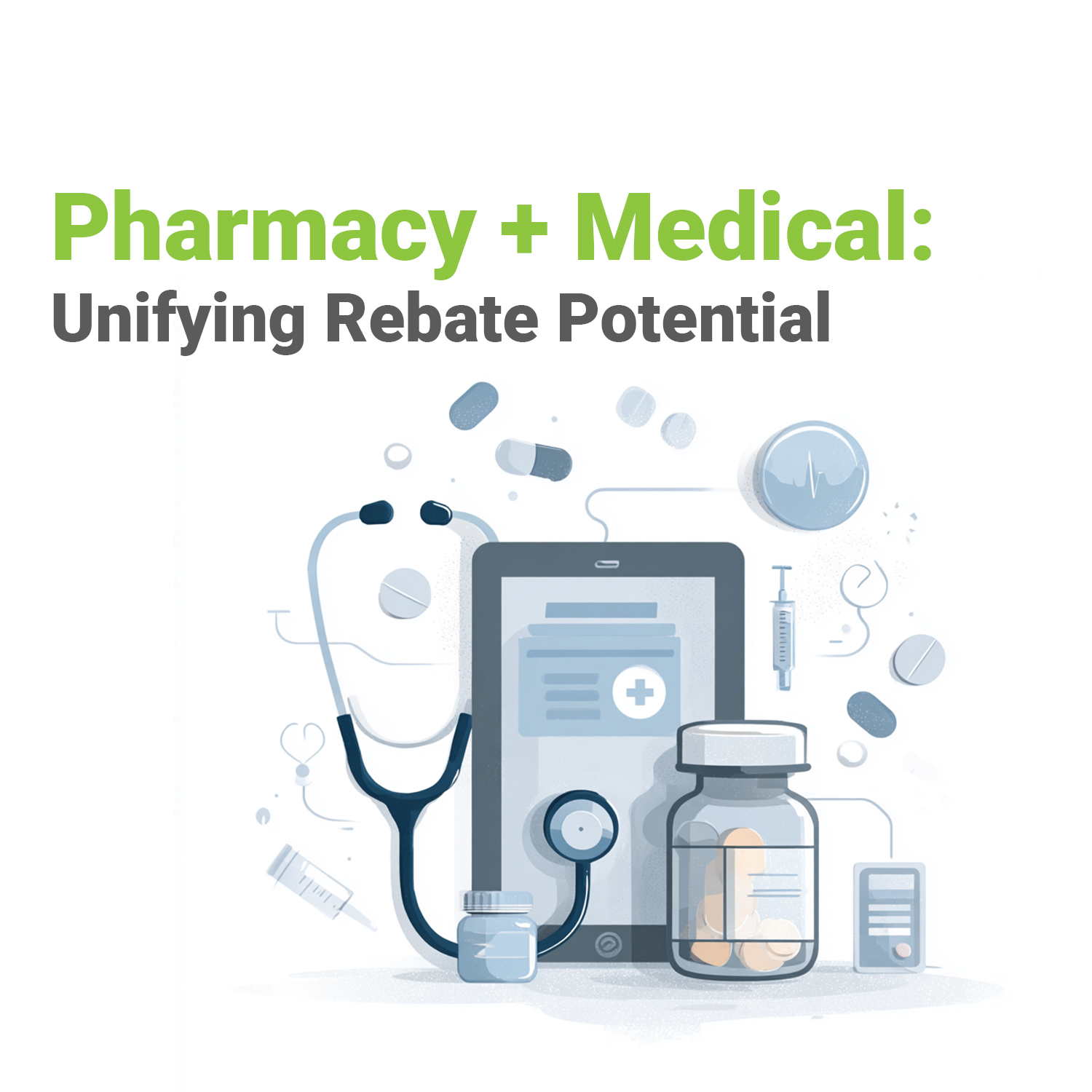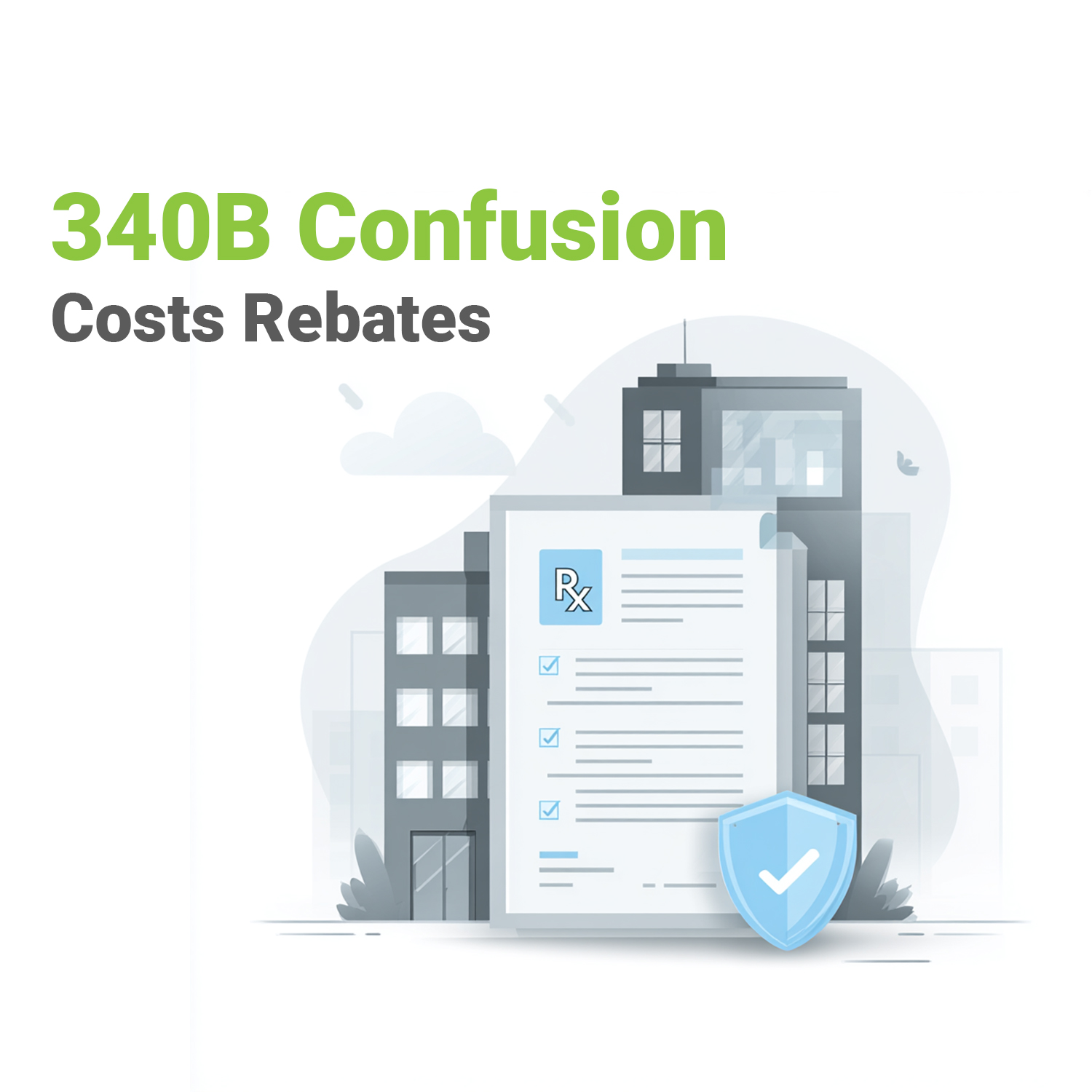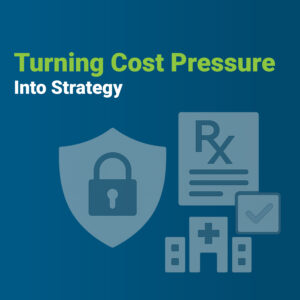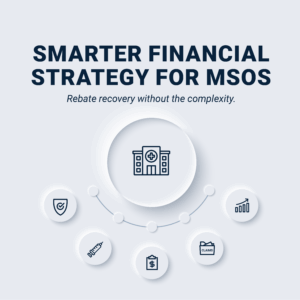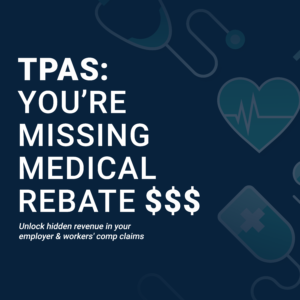Most doctors are aware of the increasing cost of prescription coverage and routinely take steps to keep out-of-pocket costs down.
These steps can include:
- Preferring generic medicines. These contain the same chemical substance as the original brand name drug and are often just as effective but are manufactured after the original pharma company’s exclusivity to a new medicine expires. Does this mean you’ll be getting older, less effective medicines? Usually, no. In fact, many of the medicines for such chronic conditions as hypertension, anxiety and high cholesterol have been generic for many years and continue to be very effective treatments.
- Talking with you about options. In some cases, your condition may have a newer medicine that is much more effective. In recent years, treatment for Hepatitis C took a great leap forward with new oral drugs that replaced painful injections. Upon approval, though, the new drugs were significantly more expensive. In such a case, your doctor should let you know your options so that you can weigh the costs vs. benefits.
- Letting you know about discounts. Many drug manufacturers will have discount programs while their drugs are still new. If you have prescription coverage from your employer, these discounts could take a very high co-pay into the $0 – $20 range. For more on these programs, read here.
“Prescription drug consumers these days are much better informed,” says Lisa Quarterman, CEO of pharmacy benefit management company VativoRx. “They understand that it’s important to take an active role in managing their healthcare, including the cost of prescription medicines.”
You don’t need to wait for your doctor or nurse practitioner to take the lead on these conversations. You can start things off with a carefully prepared list.
How to talk to your doctor about prescription costs
Whether you’re about to see your doctor for your yearly physical or you are setting up an appointment specifically for the purpose of discussing medicine costs, you need to come fully prepared. Remember, your healthcare professional does care about your health, but they also see a great deal of patients in any given week. Help them help you by being prepared. Here’s what you’ll need:
- A list of all of your prescription and over-the-counter medicines and your out-of-pocket monthly cost for each. You can write these out on a piece of paper or track them in a simple database such as Google Sheets. On this list, be sure to cluster the meds by the condition you’re being treated for. It’s not unusual, for example, to be taking several meds for one condition, such as high blood pressure, for example. Your nurse practitioner or doctor will be able to see at a glance what you’re on, and what you’re taking them for.
- A good sense of what you’re trying to accomplish. Don’t be shy – wanting or needing to save money is nothing to be embarrassed about. If you need to save $50 a month, say so. That gives your provider the framework to make recommendations.
- Be open to trying different medications. At varying levels, we all dislike change. But if you’ve been taking the same medications for years, it’s possible that there are other medications that are more effective for the same price or, if you’re taking multiple prescriptions for one condition, may allow you to drop to just one medicine instead of 2 or 3.
- It’s unlikely, but if your doctor balks at discussing prescription costs, you can ask whether there is anyone else in the practice who could help you take a closer look at costs. Also, you can reach out to your employer’s benefit coordinator, usually in Human Resources. Many pharmacy benefit plans have Customer Care advocates on staff to help you evaluate your prescription costs.
- Make sure you are getting 90-day refills. These cost-saving refills used to be primarily obtained through mail order but, increasingly, can also be dispensed at your neighborhood pharmacy. It costs the insurer and the pharmacy less to dispense 90 pills every 3 months than 30 pills every month. Usually, those savings are reflected in your co-pay cost.
Making the decision to talk to your doctor about prescription affordability
Money is a sensitive topic for most of us. Especially when we’re looking to reduce our need to spend. But when it comes to treating acute or chronic conditions, you don’t want to reduce your costs by stopping your medicines.
Your caregiver — doctor or nurse practitioner — and your insurer and their partner the pharmacy benefit manager (PBM) are there to help you sort out how you can pay less and continue to get the care you need.
VativoRx works to save its customers and their members money and increase access to the medicines that people need. We offer our clients PreCheck MyScript. PreCheck MyScript allows the physician to run a test claim that shows how much the member will pay and alerts them of any formulary or prior authorization requirements in advance. Knowing this ahead of time (along with generic and formulary alternatives), the doctor may decide to change the medication outright to a lower cost alternative which saves the member both time and money.
